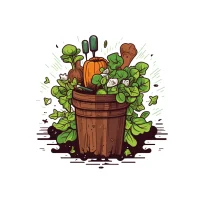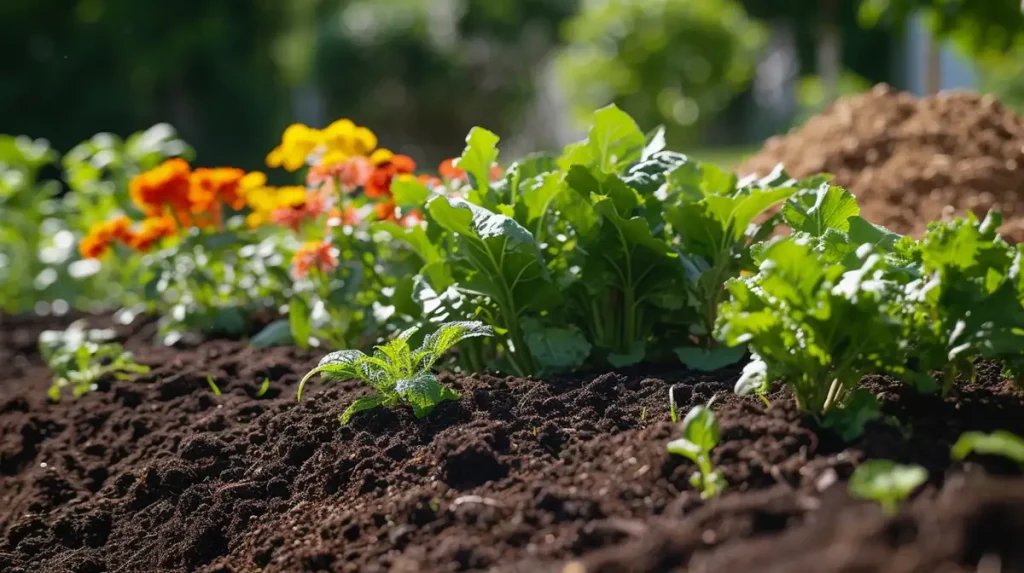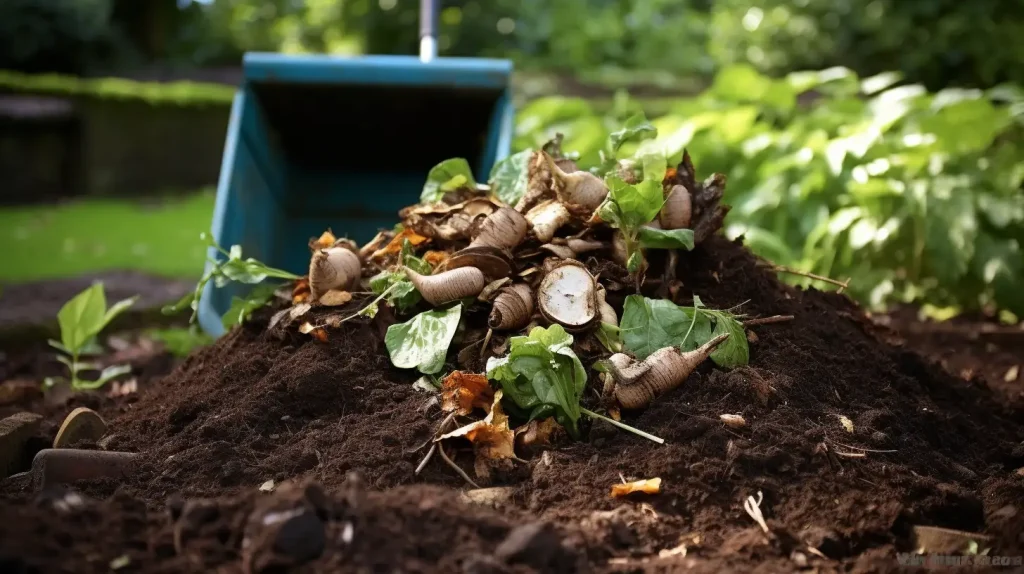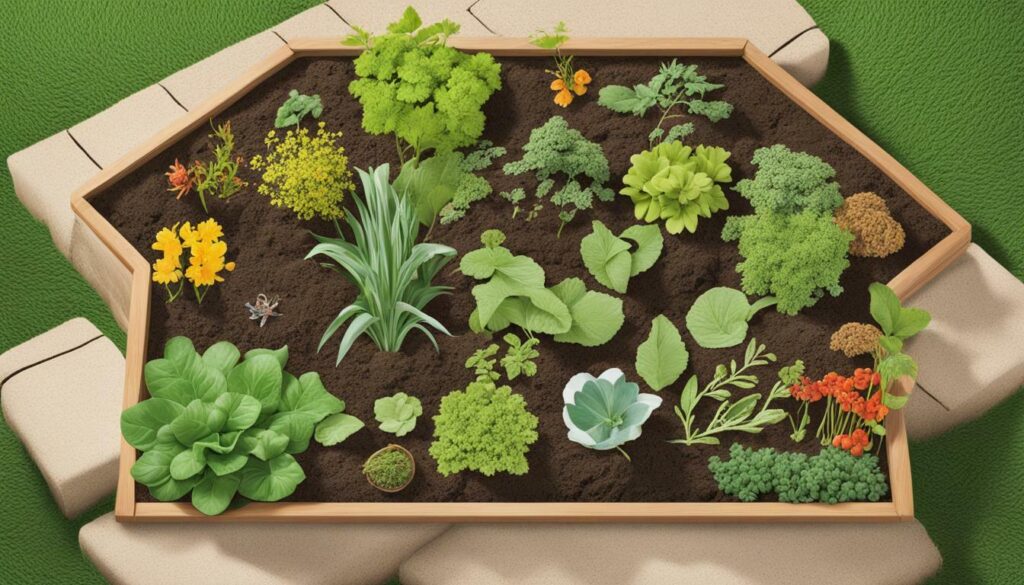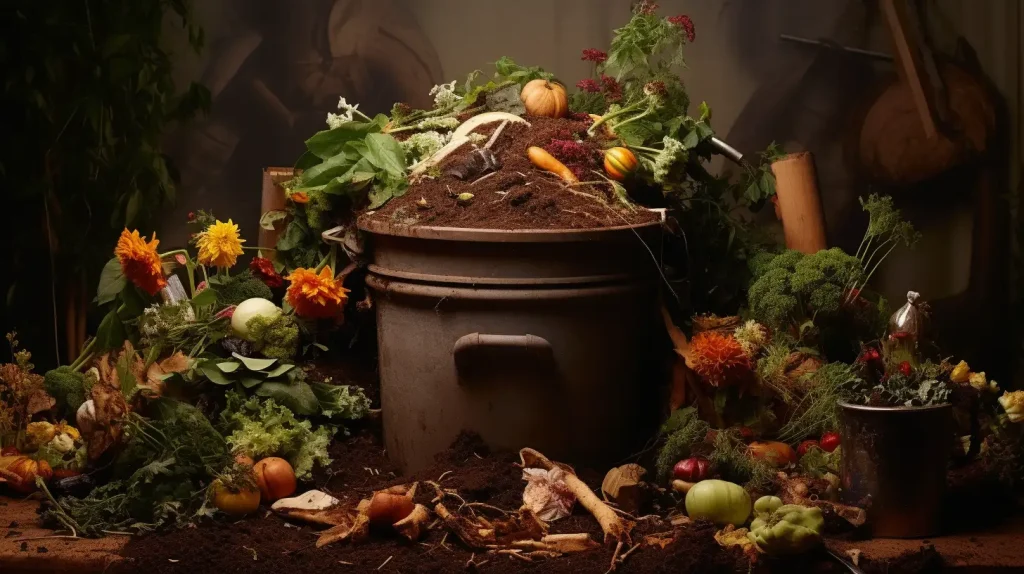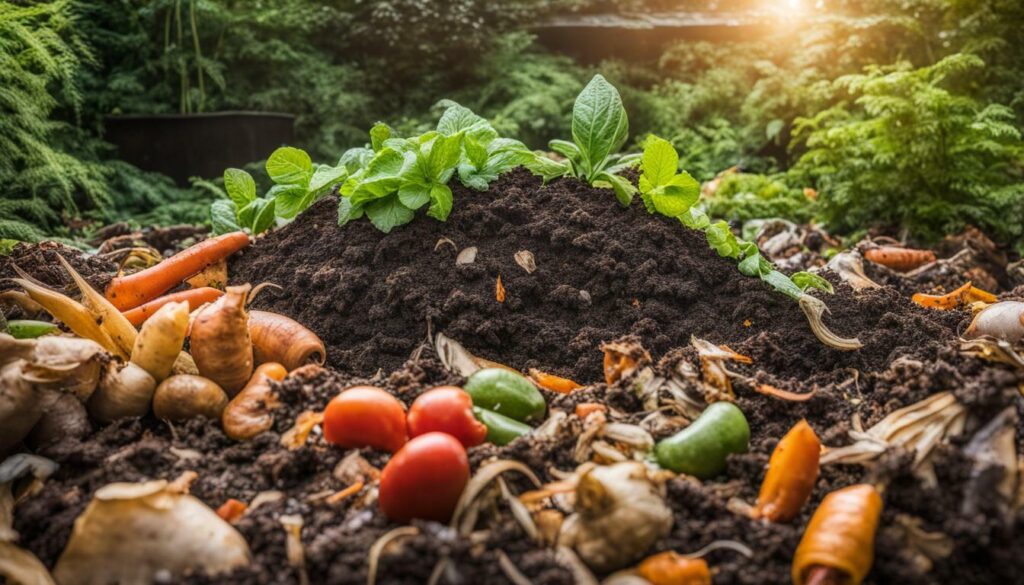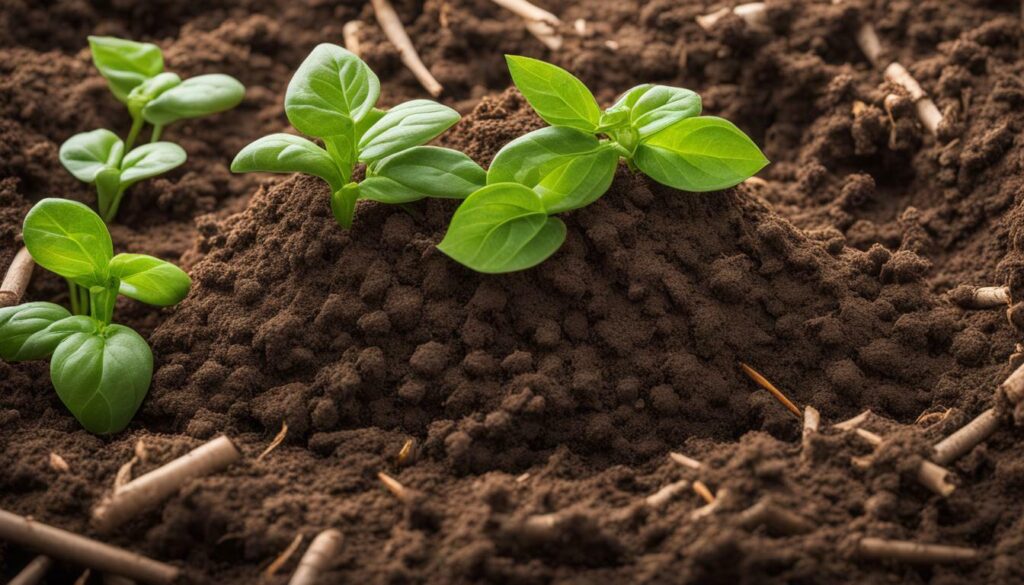This Is The Reason Compost Is Good For Plants
Compost is highly beneficial for plants primarily due to its rich content of nutrients and its ability to improve soil structure. It acts as a natural, slow-releasing supplier of vital nutrients, including nitrogen, phosphorus, and potassium, which are essential for plant growth. Compost also enhances the soil’s ability to retain water and improves its texture, […]
This Is The Reason Compost Is Good For Plants Read More »
